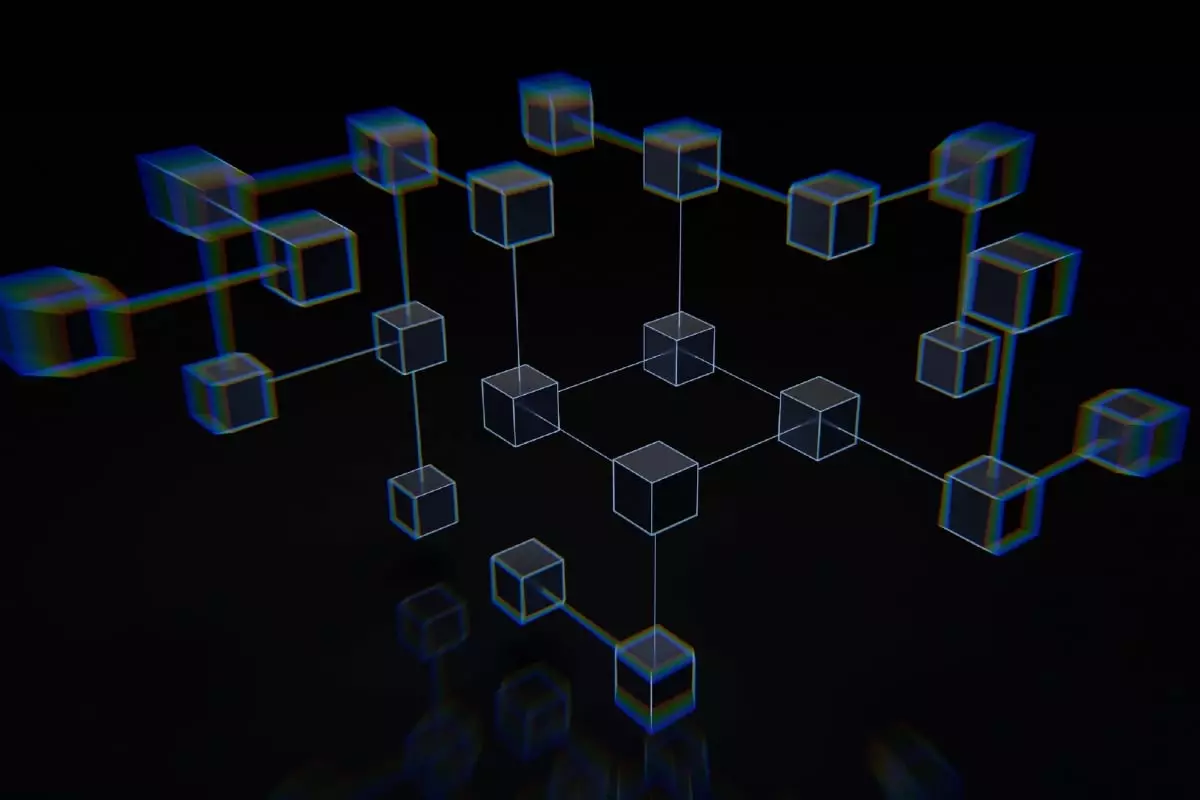Blockchain technology has been making waves across various sectors, and its potential impact on governance systems is being explored by institutions around the world. In a pioneering move, IIT Madras has shifted its student election systems from traditional servers to blockchain, as part of a research project led by professors and students alike.
The use of blockchain in governance systems introduces a new level of transparency and security. By decentralizing the record-keeping process and making it tamper-proof, blockchain technology enables a verifiable and trustworthy voting process. The faculty members at IIT Madras involved in the project emphasized the cost reduction and trustworthiness that blockchain brings to the election process.
While the benefits of implementing blockchain in governance systems are clear, there are also challenges that need to be addressed. One of the key challenges identified by Professor Prabhu Rajagopal is the transaction speed of blockchain technology, which currently lags behind traditional systems. Ensuring security from cyber-attacks and managing large-scale databases are also highlighted as potential challenges that need to be overcome for widespread adoption of blockchain in governance.
IIT Madras has been at the forefront of experimenting with blockchain solutions, with a particular focus on internal election systems. The institute recently piloted a blockchain solution developed by a startup headed by Professor Rajagopal, with the aim of simplifying the voting process while enhancing security and reducing costs. The project reflects a commitment to innovation and a willingness to tackle the challenges that come with integrating blockchain technology into governance systems.
As blockchain technology continues to evolve, its potential to revolutionize governance systems is becoming increasingly evident. The work being done at IIT Madras serves as a valuable case study for other institutions looking to explore the possibilities of blockchain in governance. By actively engaging with blockchain technology and addressing the challenges it presents, IIT Madras is paving the way for a future where decentralized, transparent, and secure governance systems are the norm.
The adoption of blockchain in governance systems, as demonstrated by IIT Madras, holds great promise for improving the efficiency, transparency, and security of electoral processes. As the technology continues to mature and overcome its current challenges, we can expect to see more institutions following in the footsteps of IIT Madras and embracing blockchain as a tool for positive change in governance.


Leave a Reply